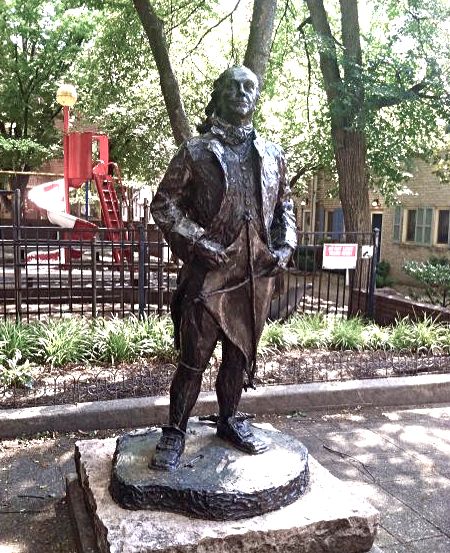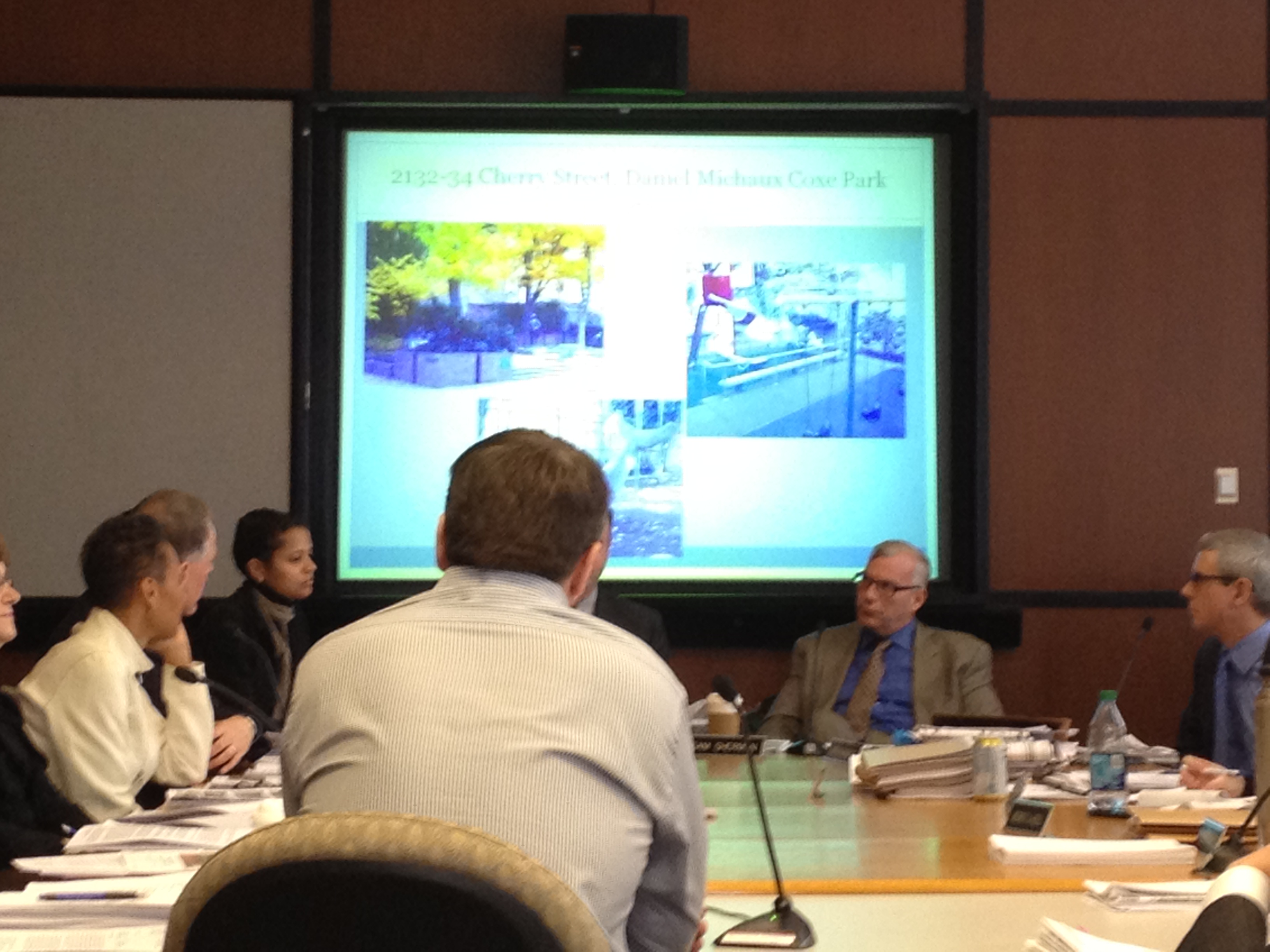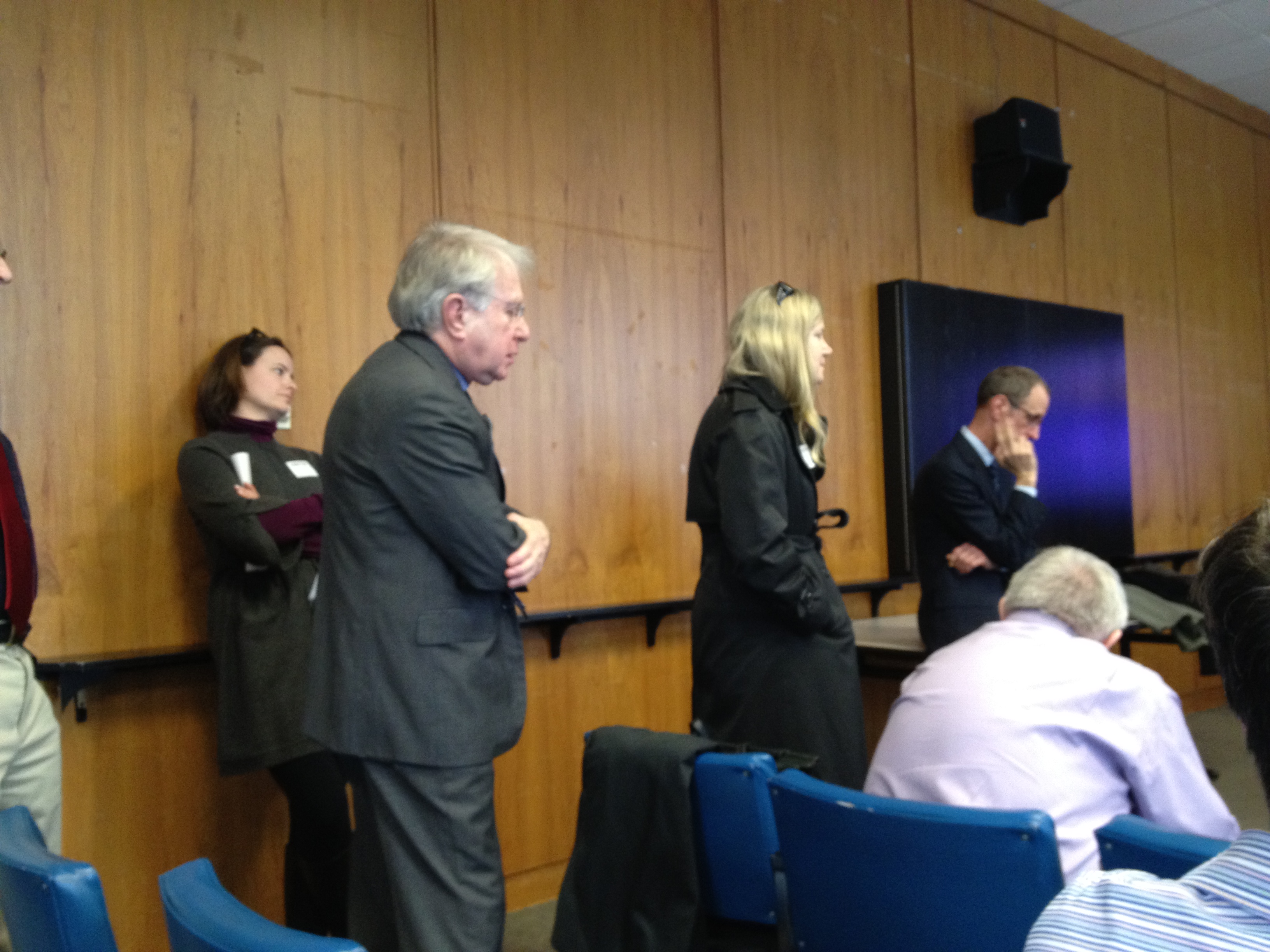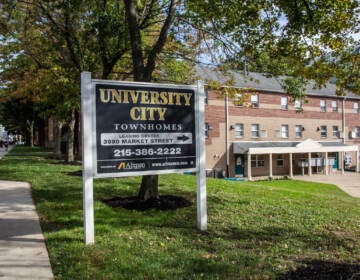Historical Commission wades into neighborhood dispute
The Philadelphia Historical Commission took a position in a simmering neighborhood dispute Friday by voting down the historic designation application of a Logan Square park.
Tully Speaker and Thomas E. Malone had asked the commission to designate Daniel Michaux Coxe Park, which is located on the 2000 block of Cherry Street and was built in the early 1970s.
“I live in a delightful neighborhood,” said 40-year-resident Speaker. “I think it’s a swell place.”
Speaker was submitting the application, he said, to prevent changes in the park that would make it less desirable for residents and destroy its architectural value.
“I felt the park was fine the way it is,” he said of recent attempts to repair sections of the park.
Speaker’s application, however, has run into stiff opposition from another group of neighborhood residents seeking to redesign the park and address safety concerns with the way the park’s playground, which serves a community of parents with young children, is constructed.
Since the application was submitted, the Community Design Collaborative, which had been planning on awarding the Friends of Coxe Park a grant to pay for a conceptual study for changes in the park, has withdrawn its funding.
“This nomination was put in to settle a dispute,” said resident Drew Murray, a proponent of changes to the park who asked the commission to reject the application. Murray is the father of four children who regularly use the park.
The friends group “tried to do something very positive” with its design plans, said Heather Young, whose two children use the playground, but the application is an attempt to “use [the] historical commission as a weapon.”
Indeed, several commission members expressed discomfort with getting involved in a neighborhood dispute
Richardson Dilworth III, who chairs the commission’s committee on history designation, voted against recommending the commission approve the designation at the committee level.
He wanted to see the neighborhood resolve its dispute internally and said that he didn’t think the park, designed by architect Norman Rice, was architecturally significant enough to designate.
Commissioner Robert Thomas, who is active in park advocacy, argued that a historic designation “does not lock up the design” and wouldn’t necessarily prevent future changes to the park’s equipment ― though newly named commissioner Anuj Gupta expressed concern that a designation could discourage the Department of Parks and Recreation from making investments in the park because of a fear of red tape.
Instead, Thomas argued, designation would prevent the city from easily selling the park to a private developer or otherwise changing its use.
Commission executive director Jonathan Farnham expressed concern that the nomination was unclear about the status of the park’s playground equipment, which could set the stage for a battle over the commission’s jurisdiction.
“I don’t think these are part of the real estate” of the park, Farnham said.
In the end, the commission decided, in a 7-4 ruling, to vote against historic designation because it found problems with the application, arguing that the application should put the park’s development into a better historical context.
In other news, the commission approved renovations by the University of Pennsylvania to the old Christian Association Building, now a student center, on Locust Walk.
The university plans on renovating the facade, restoring and replacing several windows, restoring the original first floor plan and adding a cafe.
Penn is also adding a fire stair and restroom corridor to the building’s rear.
In related Penn news, the commission accepted the nomination of the Rotunda, a performance space on Penn’s campus, to the city’s register of historic places.
The structure originally housed a congregation of the Church of Christ, Scientist.
And in less-controversial parks news, the commission also accepted the nomination of Penn Treaty Park, which is supposedly the site where an exchange of good will occurred between William Penn and area Native Americans.
Contact the reporter at acampisi@planphilly.com
WHYY is your source for fact-based, in-depth journalism and information. As a nonprofit organization, we rely on financial support from readers like you. Please give today.







